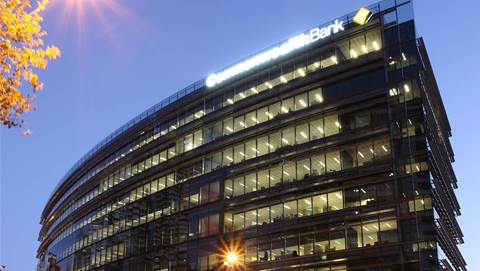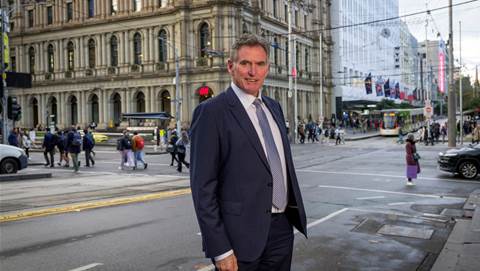Tesla Motors chief executive officer Elon Musk and other prominent tech executives are pouring US$1 billion into a non-profit aimed at creating artificial intelligence that augments humans' capabilities, rather than making them obsolete.
The effort, called OpenAI, joins significant investments from companies such as Google, Facebook and Amazon, which have used artificial intelligence to sharpen their businesses with services such as facial recognition or language processing.
But the OpenAI founders suggested they have set their sights on bigger problems.
"Our goal is to advance digital intelligence in the way that is most likely to benefit humanity as a whole, unconstrained by a need to generate financial return," the company wrote in a blog post.
Predicting that human-level artificial intelligence will eventually arrive, the backers argued that it was vital to have a research institution like OpenAI in place to seek "a good outcome for all over its own self-interest."
Musk has warned of the harm that may come from artificial intelligence, telling Massachusetts Institute of Technology students it was humanity's "biggest existential threat."
He will be co-chair of the non-profit with venture capitalist Sam Altman, who has backed Reddit.
As artificial intelligence races ahead, non-profits have a special part to play by focusing the technology on society's most pressing problems, according to Oren Etzioni, CEO of the Allen Institute for Artificial Intelligence, a non-profit established in 2014 by Microsoft co-founder Paul Allen.
"AI is too important a technology to be dedicated to things like ad targeting or ordering things in a news feed," Etzioni said.
OpenAI's list of donors include PayPal co-founder Peter Thiel, LinkedIn co-founder Reid Hoffman and Musk.
Other supporters include Amazon's cloud unit Amazon Web Services, Indian IT firm Infosys and Greg Brockman, former chief technology officer of payments startup Stripe.
While the backers have ponied up a vast sum, OpenAI said it expects to spend a "tiny fraction" of the US$1 billion in the next few years.
Even so, the money will go a long way, according to Norman Winarsky, a lecturer at Stanford University and co-founder of Siri, a startup Apple acquired in 2010 to launch its digital assistant. Siri was inspired by a government program that invested US$150 million over five years, he said.
A US$1 billion investment "will have a tremendous impact," Winarsky said.




.png&h=140&w=231&c=1&s=0)





















